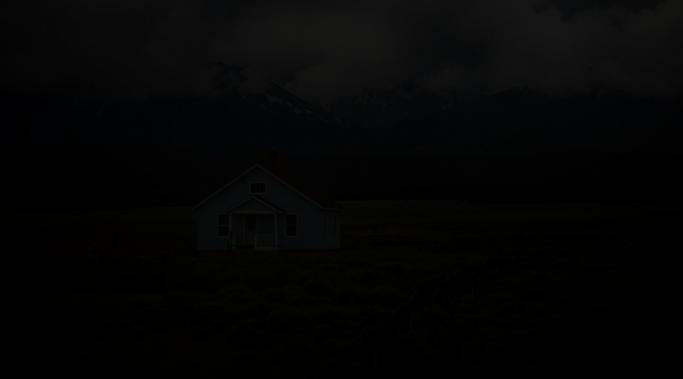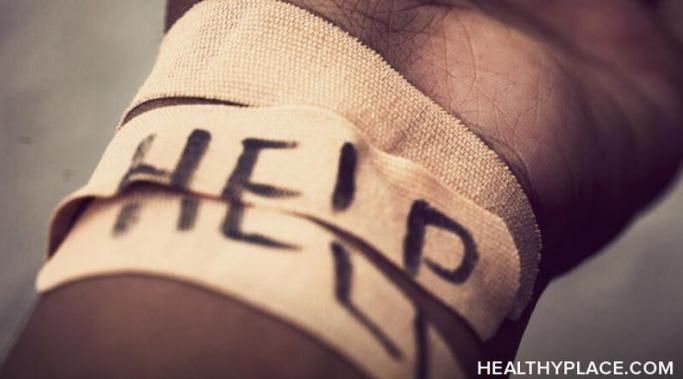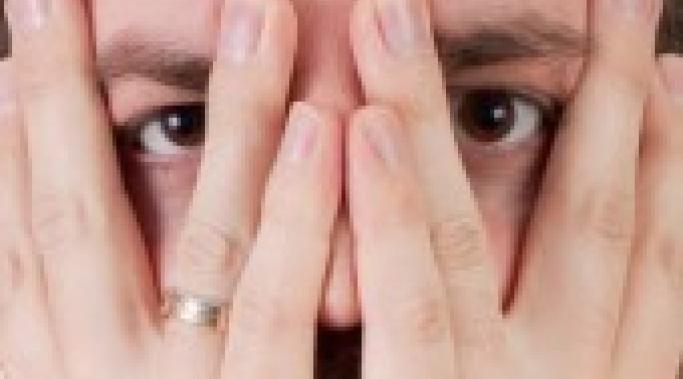Blogs
I was afraid of the dark when I was little, and when I am vulnerable, I still feel the same way. Light gives me the sense that there is hope. It connects me to reality when I feel out of control. Because I can see. And seeing is power.
As I write this, I feel a mixture of disappointment, anxiety, betrayal and anger. While I was admitted to the alcoholism treatment center last week for rehab, treatment did not go as planned. Short version: the staff decided my psych symptoms (anxiety and flashbacks) necessitated a trip to the psych ward. They transferred me by ambulance, held on to my medication and property, then decided I no longer met criteria for inpatient admission at their facility after I spent five days on the psych ward.
Sometimes treatment providers screw up. We have to know how to face it when that happens.
If you're one of over 24 million people in the US who struggle with symptoms of posttraumatic stress disorder then you probably know exactly what it feels like to dissociate. When a situation, emotions or triggers cause you to feel overwhelmed, anxious, frozen or terrified the mind offers a typical (and really fantastic) coping mechanism: you go somewhere else in your head.
While dissociating can be a life-preserving response it can become a habit that severely inhibits PTSD recovery efforts. Part of healing means learning to become more present.
Have you ever seen Reefer Madness (1936)? This (very) old school tale of marijuana-based debauchery leads viewers to believe that marijuana is truly a tool of the devil designed to lead our youth astray. Well, here we are in 2012 and has this argument remained true?
We all have good things happen in our lives. It might be marriage, a child, a new job or a stunning new hair color. All these things are good, but all these things are also changes. Good changes, but changes nonetheless. And as someone once said, “change is bad.”
Oh...This is hard. I don't think I have ever slept this much in a very long time. I can sleep 20 hours a day. I can drag my ass out of bed to complete important articles, walk the dog and feed the cats and...fall back into bed. And by accident! I just cannot stay awake. My bed and I have become best friends. The books on my night-table keep me company and I try to eat. My life, pretty good just a month ago, has bloody well crumbled and I cannot even find the pieces to put it back together.
Since the tragic suicide of Canadian teen Amanda Todd, and so many others before her, I have been pondering ways in which we as a society can help the teens of today who are victims of cyber-bullying.
I was bullied in elementary school and high school. But when I got off the bus at the end of the day, my bullies didn’t follow me into my bedroom. They weren’t able to access me 24-hours a day through Facebook and other social media outlets. Sure, it affected me greatly, but I at least was able to escape.
Christie Stewart
This week's topic coincides with last week's topic - safe self-injury alternatives. In this vlog, I talk about managing self-injury urges in a healthy way, by using impulse control logs specially designed by S.A.F.E. ALTERNATIVES®, the world-renowned self-injury treatment program.
When you look at the mountain of PTSD recovery, does it seem like Mount Everest? Do you feel like you're there at the bottom of the mountain, one little person beneath the weight of an enormous backpack?
Guilt. I hate that word. I hate the feelings that attach itself to it and the times in which I felt that my mental illness, the actions resulting from it, hurt other people. Hurting those I loved felt like the worse sort of guilt. Like being punched in the stomach and unable to breathe. Guilt is not just a word nor a feeling: When you live with a mental illness it can come to define your life. It can become dangerous.









